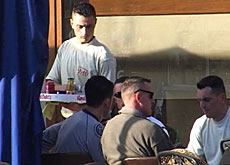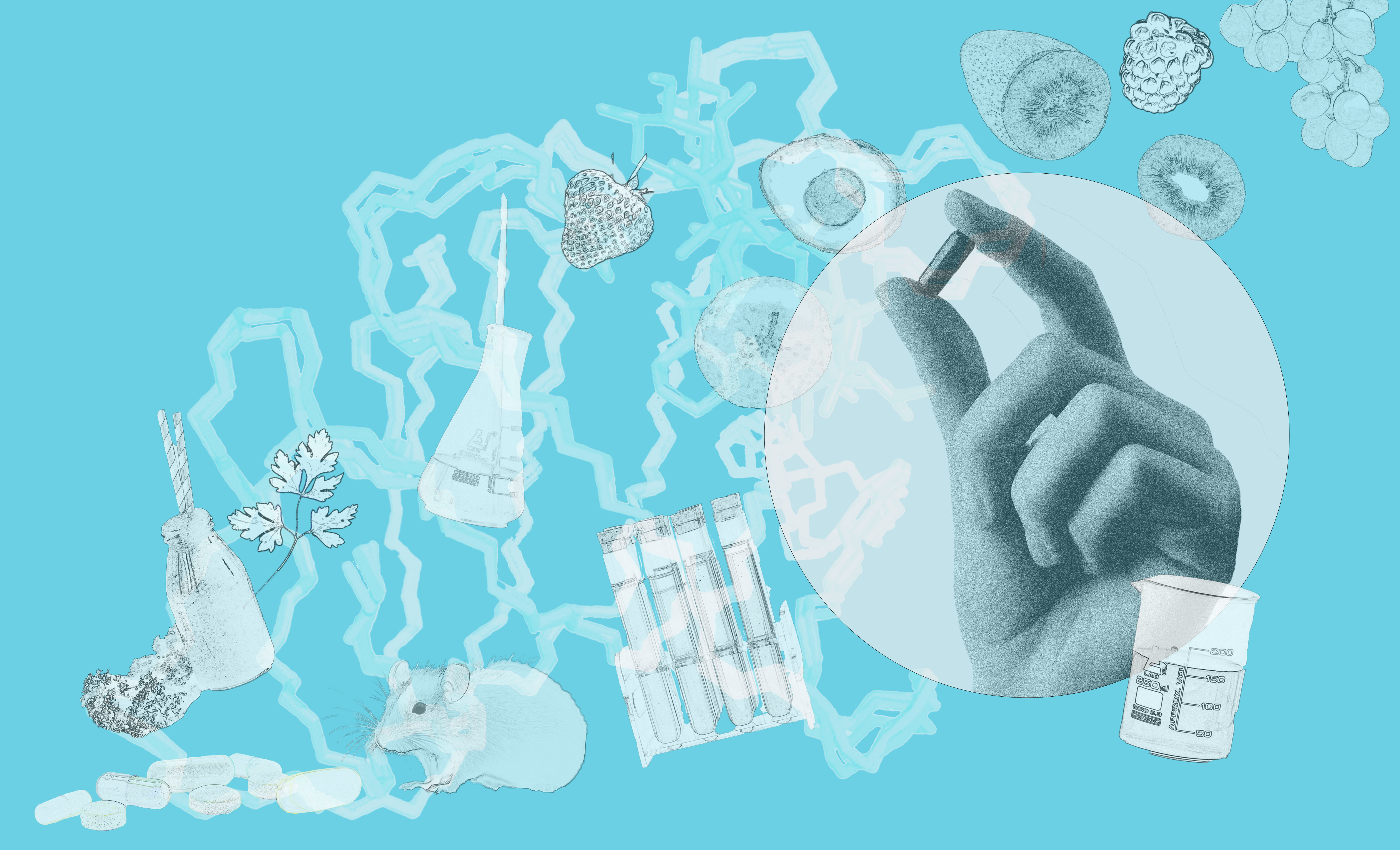Hope for the future?

Ethnic violence in Kosovo has fallen dramatically since the war ended, but majority Albanians and minority Serbs remain bitterly divided.
Last weekend a Serb Orthodox church in western Kosovo was blown up and another church nearby damaged.
Churches in Kosovo have often been targeted, partly because they are seen as symbols of the years of Serb dominance under former Yugoslav President Slobodan Milosevic.
Reminders of the conflict that tore the province apart remain ever-present.
The main highways that criss-cross the province are lined with monuments to fighters from the Kosovo Liberation Army (KLA), who lost their lives in the struggle to free ethnic Albanians from repression by the Yugoslav government.
In Decan, a former centre of resistance to ethnic cleansing by the Serbs, a group of young Albanians pays homage to their heroes.
Serb homecoming
I ask them what they think of the UN’s policy of multi-ethnicity and the Serb return programmes being sponsored by countries such as Switzerland.
“The Serbs have a right to live here – it’s their home. But they should be honest to people who lost their loved ones in the war,” Arben told me.
“They should accept responsibility for what happened here. Some of them may have taken an active part [in ethnic cleansing], some of them perhaps not. But they are all, in a way, responsible.”
His friend Borim, a former KLA fighter who lost many friends in the struggle, takes a similar stance.
“We fought for Kosovo’s independence – that’s what we want. If they [the Serbs] agree to that, everything will be fine,” he says.
Independence
The province remains legally part of Yugoslavia, but its Albanians are demanding independence, saying they can never again be ruled from Belgrade. The Serb minority insists it will always be part of Serbia.
Kosovo owes $1.5 billion to the World Bank and is not servicing the debt. If the province gained independence from Yugoslavia, it would have to repay the money itself.
Michael Steiner, the head of the UN Mission in Kosovo, insists people must show that they can live together in a democratic and multi-ethnic society before Kosovo’s final status can be discussed.
Steiner admits that the reintegration process is likely to take a long time.
“In order to change the mentality you need a certain amount of time, because the minds of the people are traumatised, emotions are still there,” he says.
“The Serbs are here now – in their own land – in a very difficult situation. They also need to overcome their fears and their well-founded feeling of insecurity.”
Economic future
Hans Peter Fischer from the Swiss liaison office in Pristina paints a bleak picture of Kosovo’s economic future.
He believes that Serbs displaced by the war are kept away more by the fear of financial ruin than violence.
Kosovo has many new roads, buildings and institutions, such as the freshly-elected municipal assemblies.
However, it has one of the poorest economies in the region, with 80 per cent of the population out of work.
Fischer accuses the UN administration of concentrating too closely on political problems, while failing to examine in sufficient depth the province’s economic needs.
Representatives from 34 countries and 13 international organisations met in Brussels earlier this month to take stock of how far the province had come during the past three years of post-conflict reconstruction.
It emerged during the meeting that inflation had slowed, while employment and domestic revenues had increased.
Reconstruction activities – the main source of economic growth – were shown to have been effective in mitigating the impact of the conflict.
Diaspora
But Fischer believes that as non-governmental organisations begin to pull out, the people will have to fall back on donations from relatives working abroad, commonly known as the diaspora.
There are an estimated 150,000 Kosovars in Switzerland, and the same number in Germany.
Many are wondering whether the next generation will feel the same need to support their distant relations in the old country.
Kosovo has no natural resources and is heavily reliant on imports. It scarcely produces enough to feed its own population, and even imports potatoes, which could easily be grown in this mostly agricultural province.
Many of Kosovo’s industries have decayed during the post-communist years, due to lack of investment.
Now that the province has lost its only natural market – Yugoslavia – it will be difficult to rebuild, and investors are reluctant to get involved in such a volatile climate.
The province is also handicapped, Fischer says, by its lack of educated people. Bank managers, accountants and lawyers are in short supply.
He fears that if the economic situation does not improve, simmering discontent could explode once again into something far more serious.
swissinfo, Julie Hunt
swissinfo’s Julie Hunt went to Kosovo and found that while the situation is slowly getting back to normal after the war, the Serbian and ethnic Albanian populations remain bitterly divided.
Young Albanians that she spoke to said Serbians have a place in Kosovan society, but only if they accept that the province should be independent.
Kosovo remains one of the poorest areas in the region, with unemployment above 80 per cent.
Reconstruction activities are helping to promote economic growth.

In compliance with the JTI standards
More: SWI swissinfo.ch certified by the Journalism Trust Initiative










You can find an overview of ongoing debates with our journalists here . Please join us!
If you want to start a conversation about a topic raised in this article or want to report factual errors, email us at english@swissinfo.ch.